Archipiélago de Cabrera: Galería multimedia
Archipiélago de Cabrera: Galería multimedia
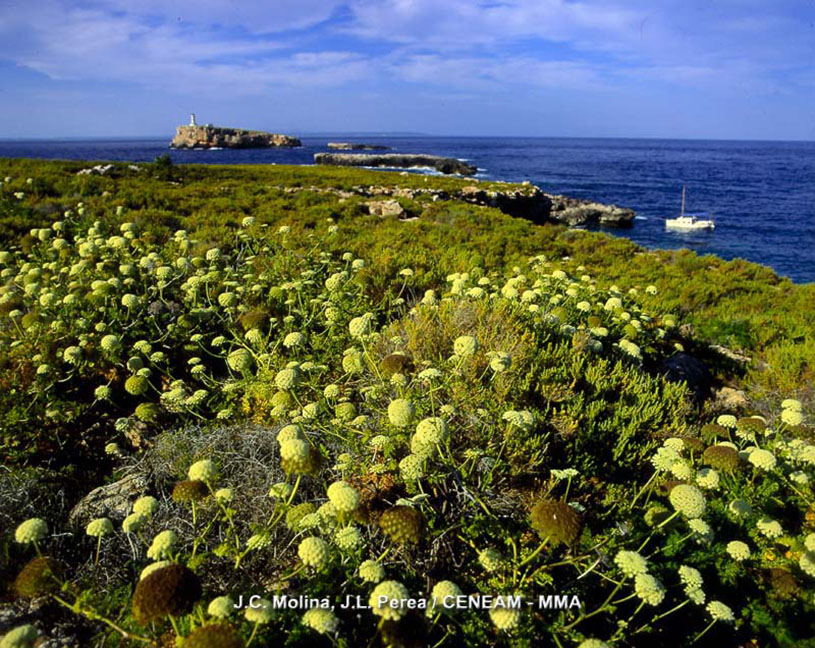 Hinojo marino (Crithmum maritimum). Es un planta de distribucion mediterránea que tapiza algunos islotes del Archipiélago. Es comestible y tiene un alto contenido en yodo y vitmina C.
Hinojo marino (Crithmum maritimum). Es un planta de distribucion mediterránea que tapiza algunos islotes del Archipiélago. Es comestible y tiene un alto contenido en yodo y vitmina C.
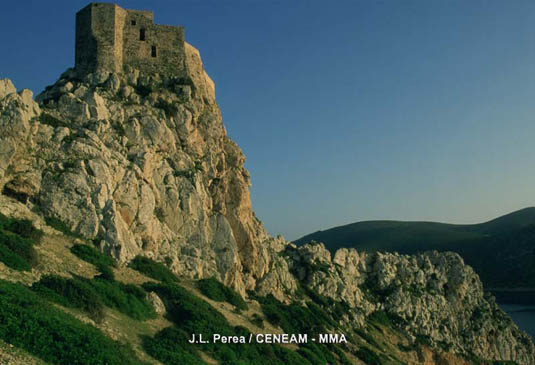 El Castillo de Cabrera del siglo XIV, es la primera imagen que perciben los visitantes de la isla al arribar a su puerto.
El Castillo de Cabrera del siglo XIV, es la primera imagen que perciben los visitantes de la isla al arribar a su puerto.
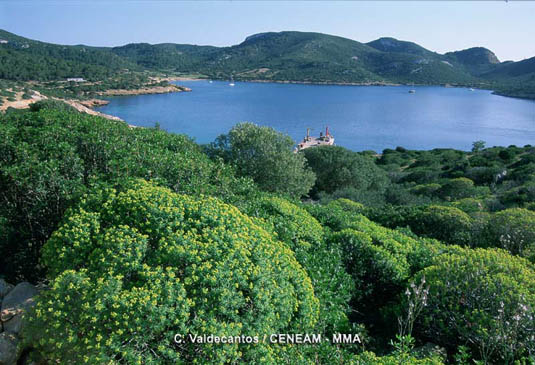 Bahia de Cabrera. El puerto de Cabrera es un gran refugio natural que ha condicionado la historia del Archipiélago.
Bahia de Cabrera. El puerto de Cabrera es un gran refugio natural que ha condicionado la historia del Archipiélago.
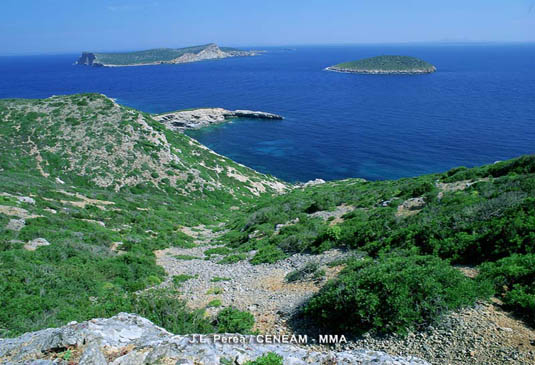 Islas e islotes. El archipiélago de cabrera está formado por un conjunto de islas e islotes, que estuvieron unidos a Mallorca hasta hace unos pocos miles de años.
Islas e islotes. El archipiélago de cabrera está formado por un conjunto de islas e islotes, que estuvieron unidos a Mallorca hasta hace unos pocos miles de años.
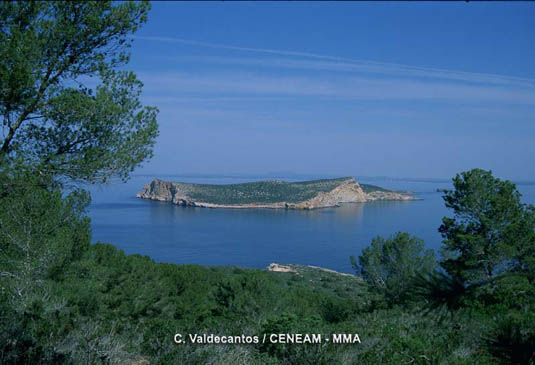 La illa des Conills o Conejera, es la segunada isla más grande del archipiélago.
La illa des Conills o Conejera, es la segunada isla más grande del archipiélago.
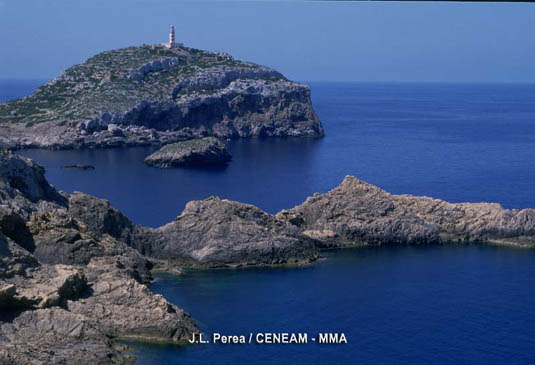 Las rocas predominantes en el Archipiélago de Cabrera son las calizas de origen marino.
Las rocas predominantes en el Archipiélago de Cabrera son las calizas de origen marino.
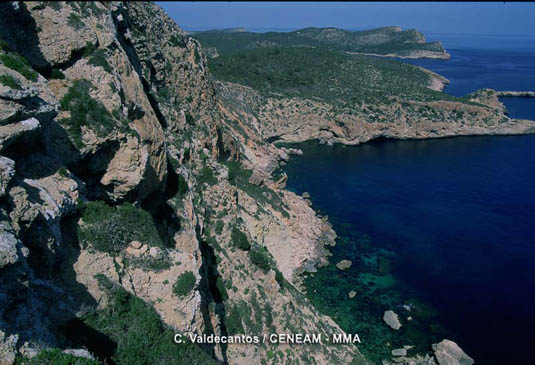 En la zona de es Codolar podemos observar acantilados de gran altura.
En la zona de es Codolar podemos observar acantilados de gran altura.
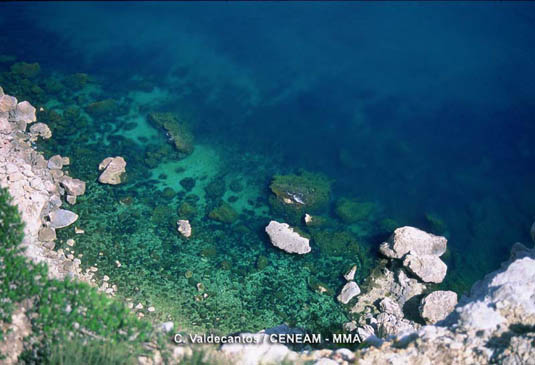 Costa rocosa y setos de posidonia (Posidonia oceanica).
Costa rocosa y setos de posidonia (Posidonia oceanica).
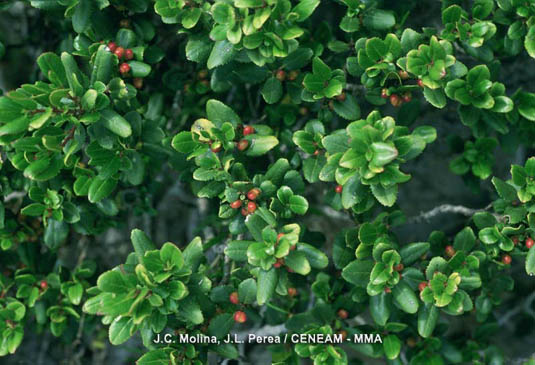 LLampudol bord (Rhamnus ludovici-salvatoris), arbusto endémico que aparece desde el nivel del mar hasta los 1.000 metros de altura, en todo el Archipiélago Balear.
LLampudol bord (Rhamnus ludovici-salvatoris), arbusto endémico que aparece desde el nivel del mar hasta los 1.000 metros de altura, en todo el Archipiélago Balear.
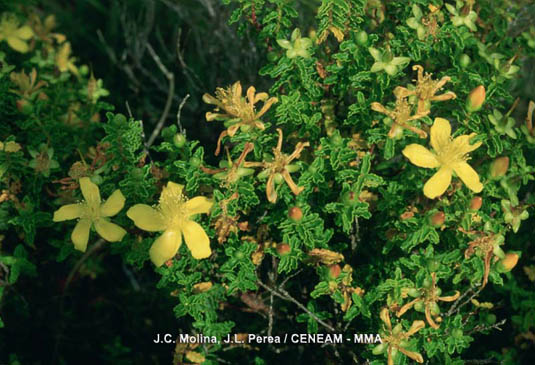 Estepa joana (Hypericum balearicum). Se cría en lugares secos y pedregosos de la maquía y encinares aclarados.
Estepa joana (Hypericum balearicum). Se cría en lugares secos y pedregosos de la maquía y encinares aclarados.
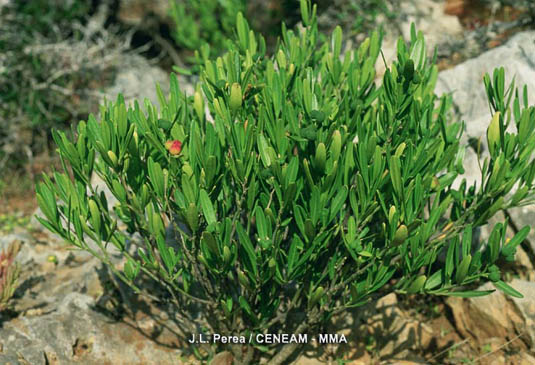 La olivilla (Cneorum tricoccon), tiene predilección por los lugares calizos cercanos al mar.
La olivilla (Cneorum tricoccon), tiene predilección por los lugares calizos cercanos al mar.
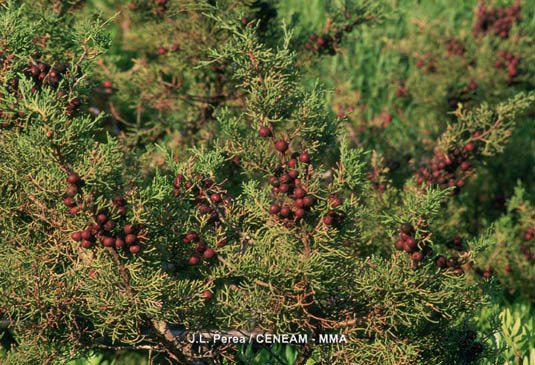 Sabina negral (Juniperus phoenicea) con frutos. Este arbusto puede vivir desde el nivel del mar hasta los 1.400 metros de altura.
Sabina negral (Juniperus phoenicea) con frutos. Este arbusto puede vivir desde el nivel del mar hasta los 1.400 metros de altura.
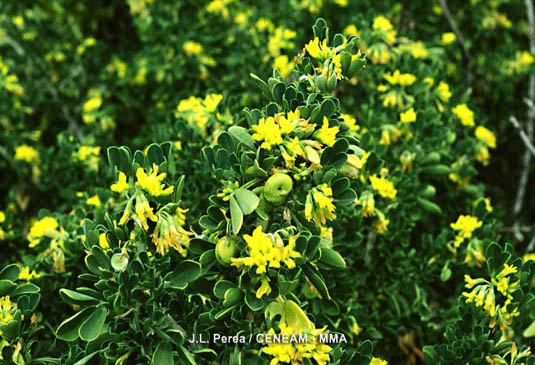 La alfalfa arborea (Medicago arborea) es una planta que resiste bien la sequía.
La alfalfa arborea (Medicago arborea) es una planta que resiste bien la sequía.
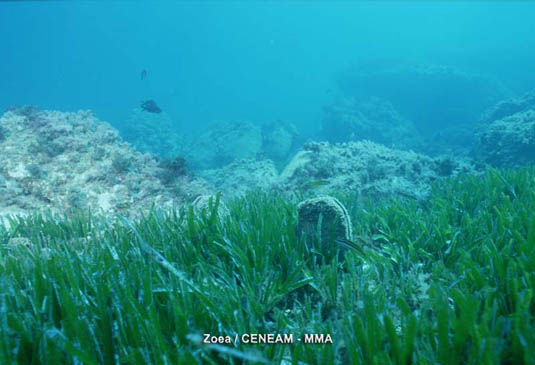 Posidonia (Posidonia oceanica). Los fondos arenosos del parque, están cubiertos de extensas praderas de Posidonia de gran importancia ecológica.
Posidonia (Posidonia oceanica). Los fondos arenosos del parque, están cubiertos de extensas praderas de Posidonia de gran importancia ecológica.
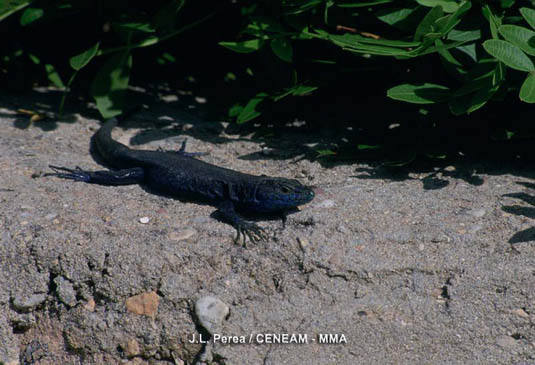 Lagartija balear (Podarcis lilfordi). Especie endémica de estas islas. En el Parque Nacional se conservan más del 80% de sus efectivos.
Lagartija balear (Podarcis lilfordi). Especie endémica de estas islas. En el Parque Nacional se conservan más del 80% de sus efectivos.
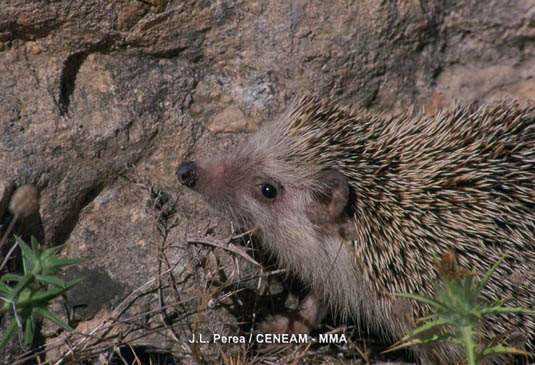 El erizo moruno (Atelerix algirus) es un animal introducido en el parque, que puede ser observado al anochecer.
El erizo moruno (Atelerix algirus) es un animal introducido en el parque, que puede ser observado al anochecer.
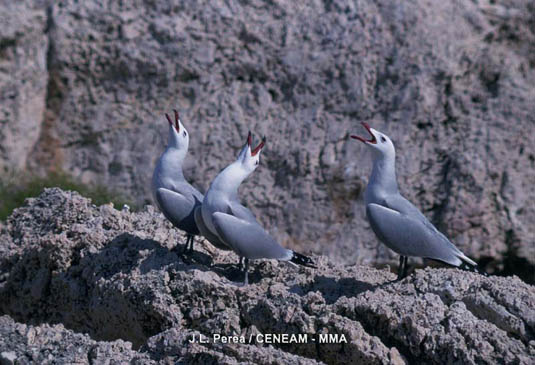 Gaviota de Audouin ( Larus audouinii). Especie de distribución mediterránea, que pasa la mayor parte de su tiempo en alta mar.
Gaviota de Audouin ( Larus audouinii). Especie de distribución mediterránea, que pasa la mayor parte de su tiempo en alta mar.
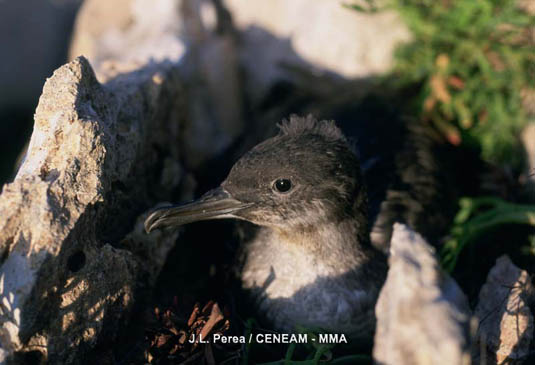 La pardela balear (Puffinus mauretanicus) es una especie amenazada. Su principal área de cría está en en el archipiélago.
La pardela balear (Puffinus mauretanicus) es una especie amenazada. Su principal área de cría está en en el archipiélago.
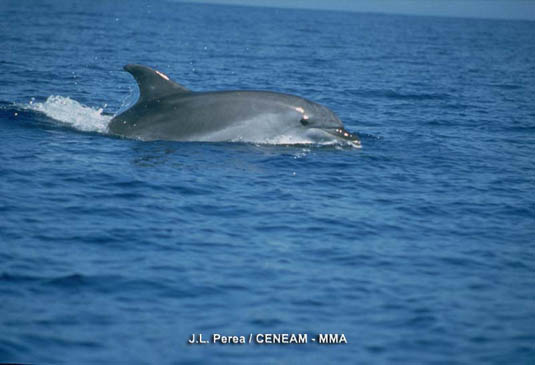 Delfín mular (Tursipos truncatus). En la aguas del Parque es frecuente observar al delfín mular. A veces sigue a las embarcaciones.
Delfín mular (Tursipos truncatus). En la aguas del Parque es frecuente observar al delfín mular. A veces sigue a las embarcaciones.
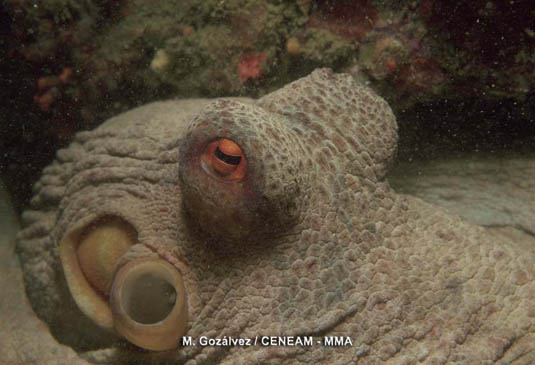 Los pulpos (Octopus vulgaris) son abundantes en los fondos marinos del parque nacional.
Los pulpos (Octopus vulgaris) son abundantes en los fondos marinos del parque nacional.
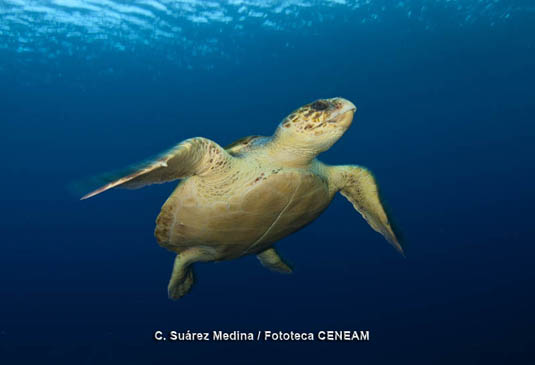 La tortuga boba (Caretta caretta), visita con frecuencia las aguas del parque nacional.
La tortuga boba (Caretta caretta), visita con frecuencia las aguas del parque nacional.
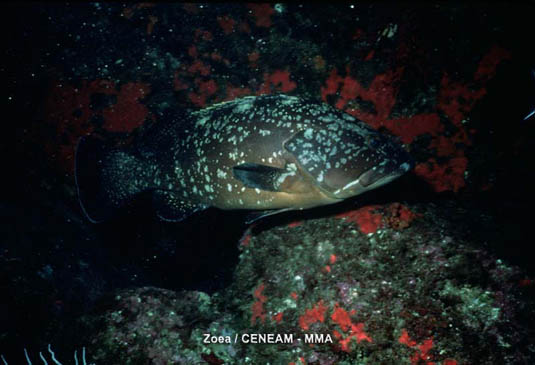 Mero (Epinephelus marginatus). Pez solitario que vive en fondos marinos con numerosos agujeros donde cobijarse. Se alimenta de otros peces, crustáceos y pulpos.
Mero (Epinephelus marginatus). Pez solitario que vive en fondos marinos con numerosos agujeros donde cobijarse. Se alimenta de otros peces, crustáceos y pulpos.
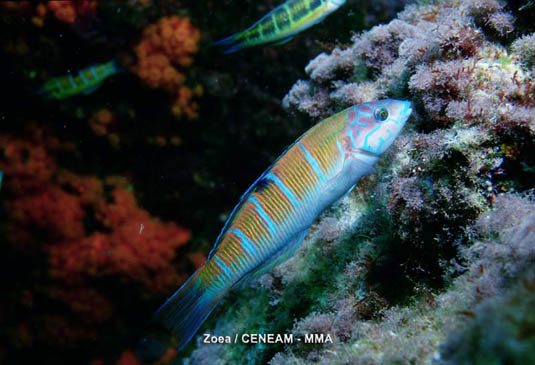 Hembra de pez verde (Thalassoma pavo). Las hembras son de mayor tamaño que los machos. Viven en los fondos rocosos y praderas de posidonia.
Hembra de pez verde (Thalassoma pavo). Las hembras son de mayor tamaño que los machos. Viven en los fondos rocosos y praderas de posidonia.
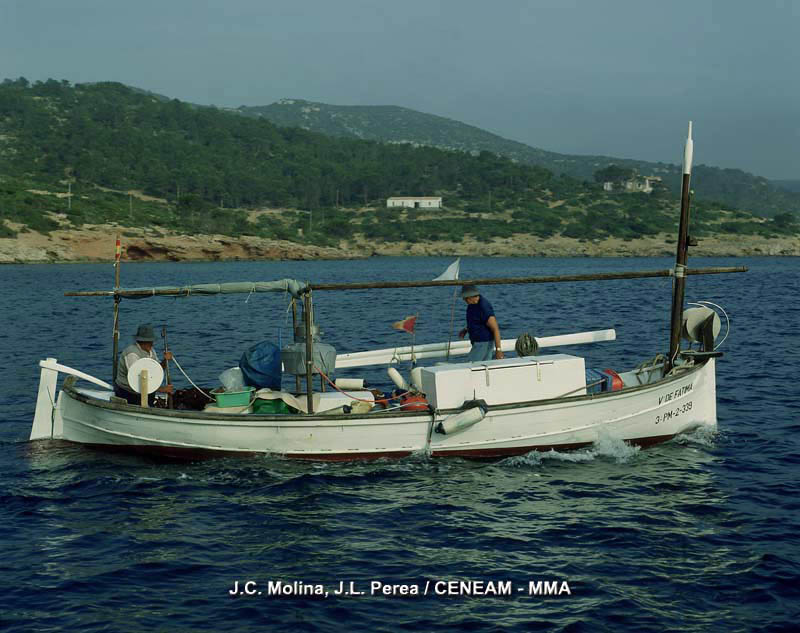 Pescadores. El Llaud es la embarcación tradicional empleda por los pescadores de la zona.
Pescadores. El Llaud es la embarcación tradicional empleda por los pescadores de la zona.
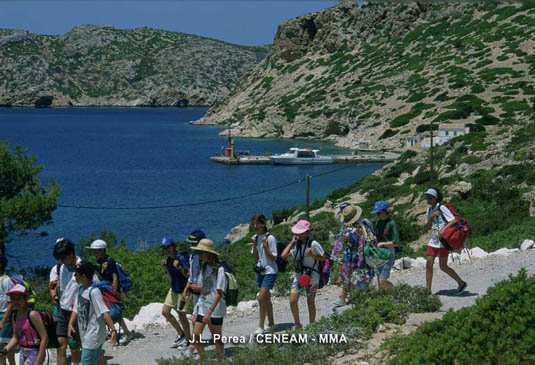 Turismo. Con la llegada del buen tiempo son muchos los visitantes que llegan al Parque.
Turismo. Con la llegada del buen tiempo son muchos los visitantes que llegan al Parque.
This page provides information on cookies we use: We use our own and third-party cookies to keep your session active, personalise your experience, and collect anonymous statistics about how you use this website. You can choose to accept all cookies or select which types you'd like to allow. To learn more about the cookies we use, read our Cookies Policy.
We use two types of cookies on this site. First, there are Functional Cookies, which are essential for the website to work properly. They store session data to make your experience smoother and more convenient. On the other hand, Analytical Cookies collect information about how you use the portal, without personal data, helping us provide a better and more tailored service.
Introduction to the Use of Cookies on the MITECO.gob.es Website
Cookies are small files that are stored on your device when you visit a webpage. They are essential tools that help provide many of the services available on the information society. Among other things, cookies allow a webpage to store and retrieve information about a user's browsing habits or their device. Based on this information, they can be used to recognise the user and enhance the service provided.
Types of Cookies
Depending on the entity that manages the domain from which the cookies are sent and processes the data, there are two types of cookies: first-party cookies and third-party cookies.
There is also a second classification based on how long the cookies remain stored in the user's browser: session cookies and persistent cookies.
Finally, cookies can also be classified into five types based on the purpose for which the data is processed: technical cookies, personalisation cookies, analytics cookies, advertising cookies, and behavioural advertising cookies.
For more information on this, you can refer to the Guide on the use of cookies from the Spanish Data Protection Agency.
Cookies used on the website
The web portal of the Ministry for Ecological Transition and the Demographic Challenge uses Adobe Analytics, an analytics tool that helps website and application owners understand how visitors interact with their content. Adobe Analytics uses a small number of cookies to collect data and generate usage statistics for websites. This information is sent anonymously and is not shared with third parties under any circumstances. You can choose to accept or reject these cookies, as they do not affect the portal’s functionality. However, they help provide valuable information that allows us to offer a better and more tailored service. For more information about Adobe Analytics cookies and privacy, please refer to the following links:
Additionally, pages featuring content from social network X will only set cookies if the user is logged into the X site. For more details on these cookies, please refer to the following link: Privacy on Social Network X
Finally, a technical cookie named MITECO-compliance is stored, which is a first-party, technical, and session-based cookie. It manages user consent for the use of cookies on the website, remembering which users have accepted them and which have not, ensuring that those who have accepted are not shown cookie consent messages at the top of the page. This cookie is essential for the proper functioning of the portal.
Cookies Policy Acceptance / Rejection
The Ministry for Ecological Transition and the Demographic Challenge gives you the option to accept or reject cookies that are not essential for the portal's operation. Upon accessing the portal, a message will be displayed in the centre of the page with information about the cookie policy and the following options:
· Firefox
· Chrome
· Safari